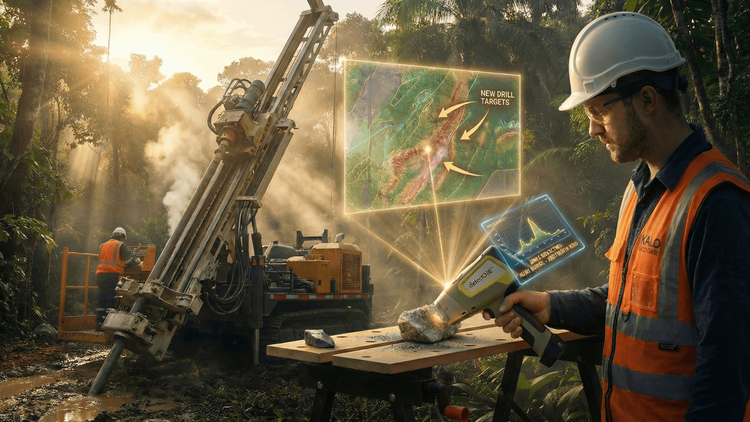Will the U.S. Pull the Plug on Its $2.3B Lithium Bet in Nevada?
A billion-dollar lithium gamble in Nevada faces political scrutiny and global competition.

The Trump administration is re-examining the record $2.3 billion loan granted under President Joe Biden to finance Lithium Americas Corp.’s Thacker Pass lithium mine in Nevada. The deposit, considered one of the largest in the United States, was positioned as a cornerstone of the country’s clean energy future, yet it now faces an uncertain path as the Department of Energy reassesses whether the project can withstand global market pressures.
Approved in 2024, the loan was expected to provide most of the capital for a processing facility adjacent to the mine. General Motors emerged as a crucial partner, acquiring a 38 percent stake in the project with $625 million in cash and letters of credit, alongside a broader commitment approaching $1 billion. GM emphasized that the deal was vital for building a secure domestic supply of lithium, a critical metal for electric vehicle batteries.
The re-evaluation stems from warnings issued by Greg Beard, a senior advisor within the Loan Programs Office, who questioned whether Thacker Pass could attract sufficient customers. His caution is rooted in China’s dominance of the lithium market, where lower-cost supply could make it difficult for U.S. producers to compete. That concern has prompted the Department of Energy to press GM to sign a binding offtake agreement that would guarantee long-term demand for the mine’s output. Without such a commitment, the financial justification for federal support appears weaker.






